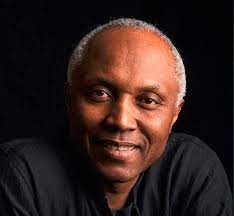By Okey Ndibe
In his slim but rewarding book, The Trouble With Nigeria, the great novelist Chinua Achebe offers an instructive response to a statement by then President Shehu Shagari to the effect that “there was corruption in Nigeria but that it had not yet reached alarming proportions.” Achebe’s retort was coined memorably: “My frank and honest opinion is that anybody who can say that corruption has not yet become alarming is either a fool, a crook or else does not live in [Nigeria].” The novelist went on: “Shagari is neither a fool nor a crook. So I must assume that he lives abroad. Which is not as strange or fanciful as some might think. Many Presidents, especially Third World Presidents, do not live in their country. One of the penalties of exalted power is loneliness. Harnessed to the trappings of protocol and blockaded by a buffer of grinning courtiers and sycophants, even a good and intelligent leader will gradually begin to forget what the real world looks like.”
When Achebe wrote those words—in the early 1980s—he obviously intended a figurative, rather than literal, effect. In effect, he accused Shagari of being emotionally distant from the core realities of the people he was supposed to lead. Shagari was many things, including the proverbial peacock with his head buried in the sand regarding his country’s disquieting crises. But that soft-spoken man didn’t have a huge appetite for gallivanting abroad.
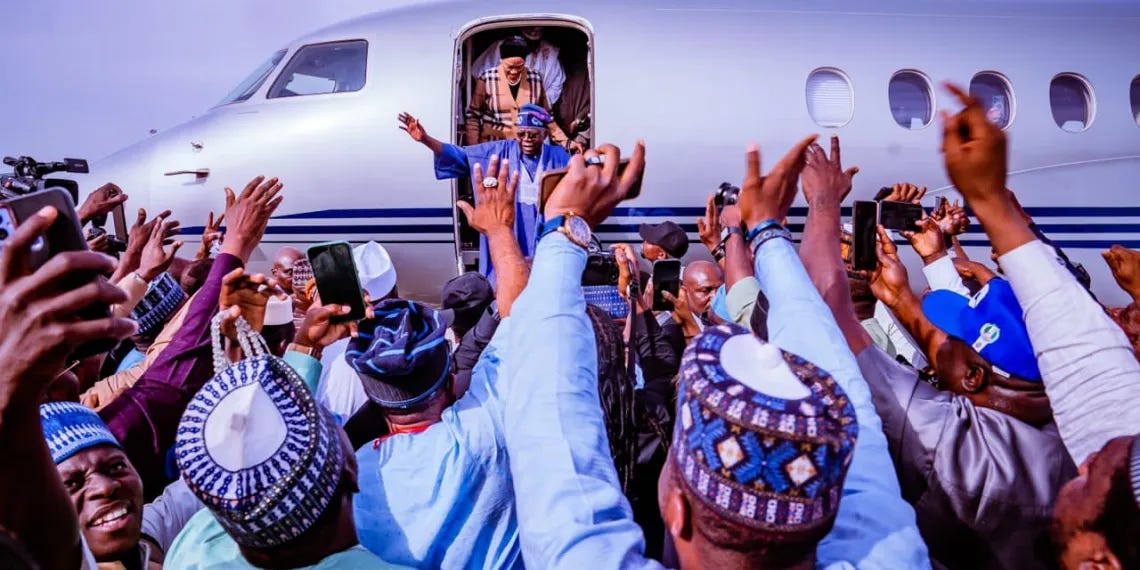
Compared to recent occupants of the presidential office, Shagari was a rather staunch sit-at-home president.
Since being sworn in last year as president, Bola Ahmed Tinubu has refined the art of slipping out of Nigeria. I say refined because he’s far from being a pioneer in this regard. Former President Umaru Yar’Adua spent prolonged stretches of time in foreign hospitals. On no occasion did he or his handlers deign to tell Nigerians where he was, his prognosis, or the expected length of treatment. All we ever got were bromides from his acolytes who declared that Nigeria had never seen a more dynamic and focused leader than the hospitalized Yar’Adua! Of course, those hectoring acolytes were well served by the vacuum of leadership. While it lasted, they were able to make out as bandits. It didn’t matter that Nigeria floundered.
President Muhammadu Buhari seemed bent on eclipsing Yar’Adua’s record in truancy. For much of his first term in office, he had himself ensconced in one foreign country or another. There was widespread speculation about his wretched health. Even so, like Yar’Adua before him, he would not divulge the state of his health.
As a candidate for the presidency, Tinubu was dogged by questions about facets of his biography as well as his health. On the stump, he often seemed feeble and disoriented. His speeches were short, incoherent affairs. His appearance at the famed Chatham House in London was a low point. Asked routine policy questions, he ducked, asking various members of his delegation to take up specific questions.
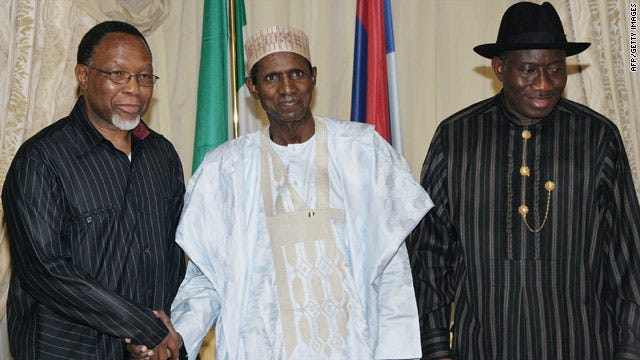
As president, he has debuted a physically firmer and mentally sounder version of himself. And he’s become a zestful escapee from the shores of Nigeria. Indeed, the frequency of his unannounced disappearances from Nigeria keeps alive the suspicion that his health remains shaky.
Recently, Tinubu went “missing” for days during scheduled trips to the Netherland and Saudi Arabia. The Punch newspaper reported that he had detoured to London after his official engagements. Did he go, perhaps, for some medical treatment?
See, if he were a private citizen, he would owe nobody (save for his family) an explanation about his whereabouts. It’s a different matter when he’s presiding over our country—a country that’s in messier shape than most others. Besides, Nigerians pick the tab for his travels. It is not up to him to disappear and appear as he wishes.
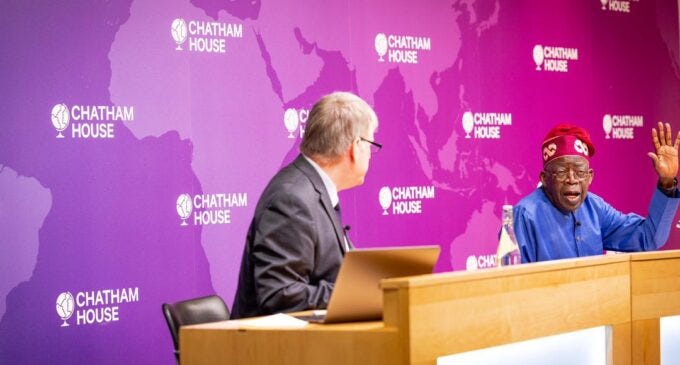
The Punch newspaper added that Tinubu’s latest junket was “his 20th foreign trip since assuming office last May, logging 96 days abroad.” A look at his destinations is telling: “So far, he has visited Paris, France (thrice); London, the United Kingdom (twice); Bissau, Guinea-Bissau (twice); Nairobi, Kenya; Porto Norvo, Benin Republic; New Delhi, India; Abu Dhabi and Dubai in the United Arab Emirates; New York, the United States of America; Riyadh, Saudi Arabia (twice); Berlin, Germany; Addis Ababa, Ethiopia; Dakar, Senegal; Doha, Qatar and The Hague, The Netherlands.”
Foreign trips are an inevitable part of a modern leader’s statecraft. Yet, there’s little justification for a president to stay out of his country for more than three months within a year. The much-bandied excuse—the wooing of foreign investors—is little more than a perfumed lie. Since Tinubu came to office, many long-established firms have either scaled back their investment in Nigeria or taken flight altogether. The reason is not hard to fathom. Under Tinubu, the power grid is collapsing rather regularly. This drives up the cost of doing business in Nigeria. The naira remains a temperamental currency, making it difficult—if not impossible—for investors to make even reliable short-term planning and projections.
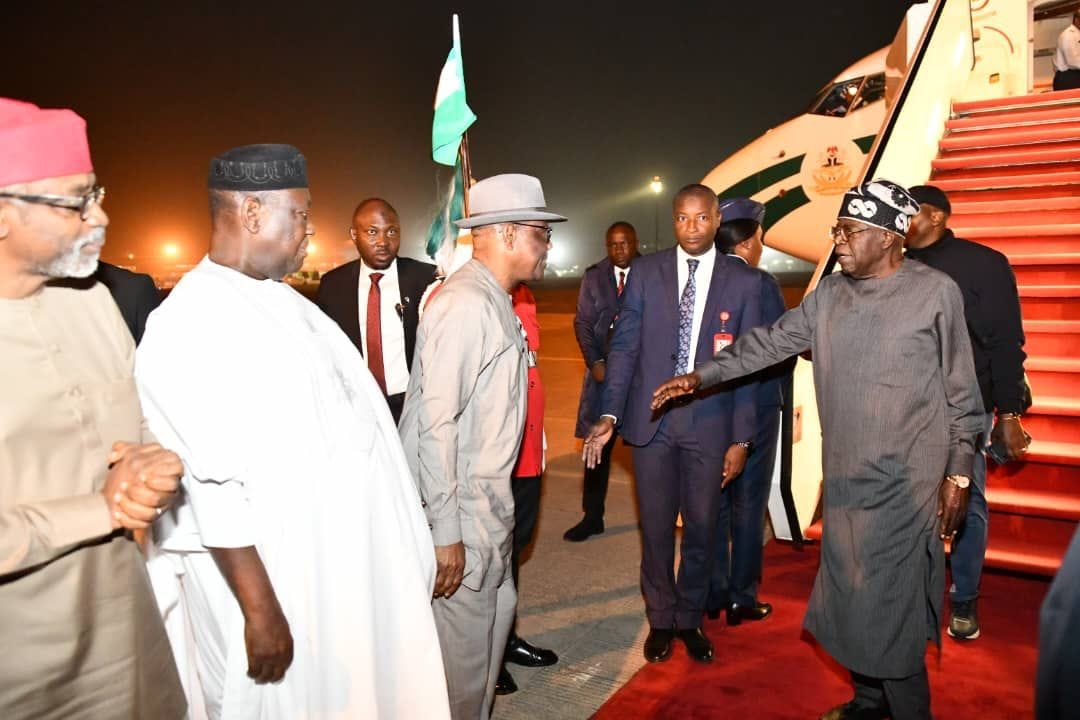
Add to the mix the perennial plagues of corruption and insecurity, and the picture is bleak as hell. A president worth his mettle would set his sight on reversing the instability in his country. He would prioritize the boosting of the power sector. He would get cracking on crime. And he would fashion an environment that’s more hospitable to investment, foreign and local.
That, at minimum, is the challenge before Tinubu. He appears determined to shirk that task, preferring to beat Yar’Adua and Buhari’s record for basking in the comforts of foreign destinations. He may well topple his predecessors in time spent abroad. But that won’t save him from being judged by history—along with Buhari and Yar’Adua—as a man who wasted his country’s time.

